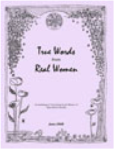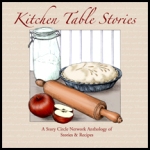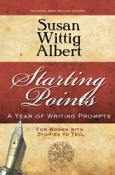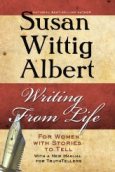by Madeline Sharples
Getting my first novel published just over a year ago was very exciting and fulfilling. That it wasn’t hard to find a publisher for it and that I sourced a wonderful illustrator to do the cover art also were part of that mix.
However, the work leading up to the novel’s publication was hard and long.
I started writing the novel in 2010 at a UCLA four-day workshop called How to Write Your First Novel. I decided to take that class to get away from the frustrations of trying to get my memoir published. I was querying like mad, but nothing was working, so a change in pace was necessary. I already had an idea – taken from the life story my aunt wrote not long before she died in her eighties. She wrote about a young man – actually a teacher – who took her to school plays and concerts when she was a senior in high school. When her brother – actually my father – found out he wasn’t Jewish, he made his family move to Chicago from their small town in mid-Illinois so that she could find a nice Jewish man to marry.
Since she wrote about him with such detail – what he looked like, how he dressed, how polite and attentive he was to her, and that she even remembered his name – so many years later made me think she really must have loved that teacher. I immediately decided to write a book that would end up with her marrying her true love rather than the Milquetoast man she really married. Though dating a teacher might not have been a no-no in those olden days, in my book I turned him into a college student who directed the senior high school class play.
The people in the workshop thought it was a good idea, so I started. However, almost immediately I sold my memoir to a publisher and had to spend the next six months revising it and getting it ready for publication. The novel went on hold at that point. In fact, it went on hold a lot for the first few years because of all the marketing obligations of a newly published memoir.
Finally, when I could actually spend time on it, I took it through another more advanced novel-writing class at UCLA, a revision class, three groups of outside Beta readers, two editors, and my last reader, my husband, who of course found more things I needed to change. Nine years and ten revisions since the start of that first UCLA workshop, it was ready to see the light of day.

Madeline Sharples is the author of Papa’s Shoes: A Polish shoemaker and his family settle in small-town America, a work of historical fiction, published in May 2019 by Aberdeen Bay. Her memoir in prose and poetry, Leaving the Hall Light On: A Mother’s Memoir of Living with Her Son’s Bipolar Disorder and Surviving His Suicide, was released in 2011 (Dream of Things).
Madeline also co-authored Blue-Collar Women: Trailblazing Women Take on Men-Only Jobs (New Horizon Press, 1994), co-edited the poetry anthology, The Great American Poetry Show, Volumes 1, 2, and 3, and wrote the poems for The Emerging Goddess photograph book (Paul Blieden, photographer). Her poems have also appeared online and in print magazines, e.g., in the 2016 Porter Gulch Review, Yellow Chair’s In the Words of Womyn 2016 anthology, Story Circle Network’s journals and anthologies, the Best of Poetry Salon 2013-2018, the Vine Leaves Literary Journal: a Collection of Vignettes from Across the Globe, 2017, and Travel Stories and and Highlights, 2019 edition.
Her articles have appeared in the Huffington Post, Naturally Savvy, Aging Bodies, PsychAlive, Story Circle Network’s HerStories and One Woman’s Day blogs, and the Memoir Network blog. She has appeared on panels at writers’ conferences and have spoken about and read her work at book clubs, book stores, libraries, churches, writing groups, and on the radio. She also posts about writing on her website Choices.







